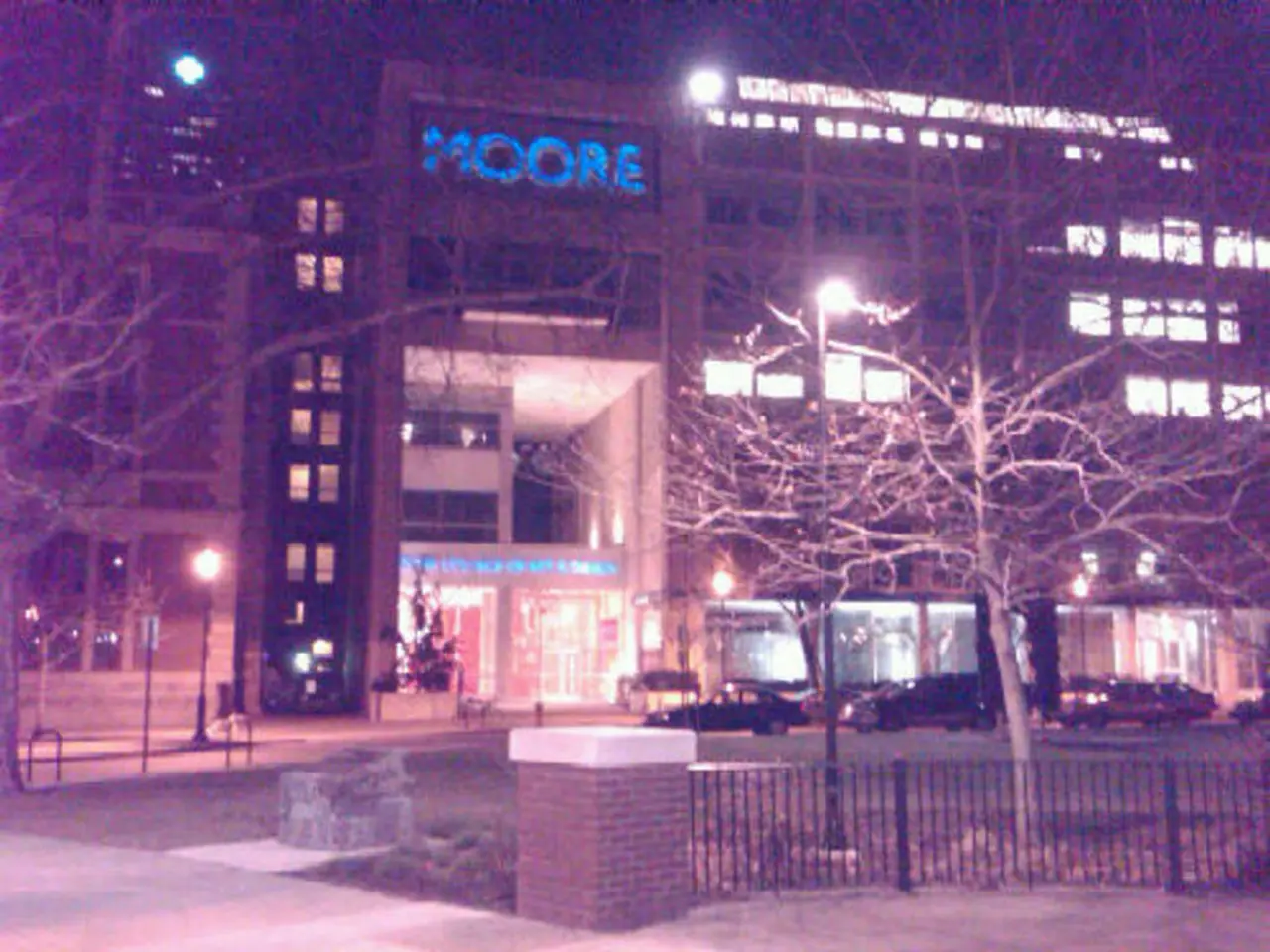Guarantee premium local healthcare services for residents
In an effort to enhance the quality of local health care for all citizens in North Rhine-Westphalia (NRW), a multi-faceted approach is being considered. This strategy aims to ensure easy access to essential medical services such as General Practitioners (GPs), day care facilities, pharmacies, and telemedicine, while promoting Medical Care Centers (MVZ) and integrating health considerations across policies.
The digital landscape is set to play a significant role in this transformation. NRW, already a leader in hospital digital maturity, is poised to further advance digital infrastructures that support telemedicine. Measures include the rollout of electronic patient records (ePA) since early 2025, allowing for integrated care and easy access to medical histories and prescriptions digitally. This not only reduces travel and waiting times but also enables better coordination among healthcare providers.
MVZs, which provide a multidisciplinary setting combining outpatient specialist and general medical care, are set to play a more prominent role, particularly in underserved areas. They facilitate comprehensive services close to patients and foster coordination among GPs, specialists, and allied health services. Encouraging partnerships between MVZs, day care facilities, and pharmacies would enhance continuity of care.
Ensuring equitable geographic distribution of GP practices and pharmacies is essential. Policy incentives for practitioners to establish clinics in rural or socioeconomically disadvantaged areas can help address this issue. Integration with day care facilities catering to elderly or chronically ill patients can improve access to routine care and medication management.
To ensure a holistic approach, NRW has initiated the integration of gender-differentiated and diversity perspectives into health policy and care institutions. This approach should be broadened to ensure all policy areas—from urban planning to education—consider health impacts, enabling healthier environments and social determinants of health that facilitate access.
Quality circles and continuous professional development for healthcare professionals can improve patient care quality and awareness, overcoming barriers like lack of time or experience with new technology or diversity aspects.
In summary, a combination of advancing digital health tools and telemedicine, supporting MVZs’ expansion, ensuring equitable distribution of primary care and pharmacy services, and embedding health considerations across sectors with targeted professional training will significantly improve easy access to medical services for all NRW citizens.
Key Elements Summarized:
| Aspect | Suggested Improvement | |--------------------------------|-----------------------------------------------------| | Digital infrastructure & telemedicine | Expand digital tools (ePA, video consultations) across NRW; ensure data protection[1][4] | | Medical Care Centers (MVZ) | Strengthen MVZ presence and multidisciplinary integration| | Accessibility of GP & pharmacies| Incentivize practice establishment in underserved areas| | Health in All Policies | Incorporate diversity, gender, and health impacts in all sectors[3]| | Professional training | Implement quality circles and ongoing education for inclusive, digital care[3]|
These steps make health care in NRW more accessible, integrated, and responsive to local population needs. MVZs coordinate health services and offer a wide range of services under one roof, enhancing the quality of care. Telemedicine services are being promoted to facilitate access to medical advice in local health care. Pharmacies are part of the local health care system, and day care facilities, while not explicitly mentioned in this paragraph, could play a crucial role in improving access to care for the elderly and chronically ill.
In the overall mission to enhance the quality of healthcare for North Rhine-Westphalia (NRW) residents, a key focus will be the integration of digital advancements such as electronic patient records (ePA) and telemedicine infrastructures to ensure seamless, digital access to medical services. Additionally, the expansion and collaboration of Medical Care Centers (MVZs) in underserved areas will further contribute to comprehensive health and wellness care, promoting treatments and therapies for various medical-conditions.




